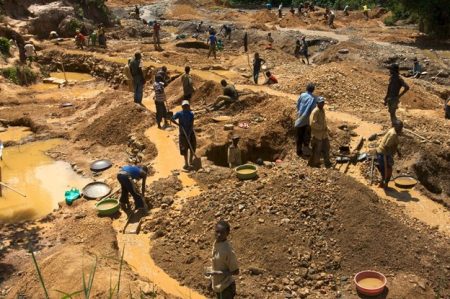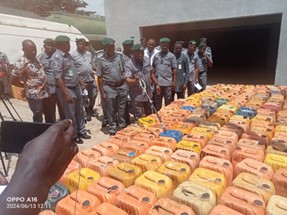03 February 2013, Lagos – The nation’s external reserves rose by $1.68 billion to $45.86 billion in January while the Central Bank of Nigeria (CBN) sold $833.5 million at its bi-weekly foreign exchange auction.
Data published by the CBN showed that the external reserves rose from $44.178 billion as at December 28, 2012 to $45.858 as at January 29th, representing 3.8 per cent increase.
The increase was higher than the $289 million increase recorded in December. During the month, external reserves rose by 0.6 per cent from $44.467 billion. Meanwhile, foreign exchange sold by the CBN through bi-weekly Wholesale Dutch Auction System (WDAS) sessions fell by 15.8 per cent. Results of the auctions show that the amount sold by the apex bank fell to $833.501 million from $990 million in December.
The decline in amount sold however did not impact the value of the naira as the exchange rate remained relatively stable. From N155.77 per dollar at the end of December, the exchange rate appreciated to N155.74 per dollar, indicating three kobo appreciation for the naira.
In its review of the external reserves and foreign exchange market in 2012, the Monetary Policy Committee (MPC) of the CBN noted that, “The relative stability recorded in the foreign exchange market could be attributed to the combined effects of improved supply of foreign exchange by oil companies and enhanced capital inflows from portfolio investors during the period under review. Also, oil revenue increased at an average of 2.73 per cent monthly throughout 2012. In the first eleven months of 2012, oil receipts totalled US$40.087 billion.
“The committee expressed satisfaction with the sustained accretion to external reserves which stood at US$43.849 billion as at December 31, 2012, representing an increase of US$1.682 billion or about 3.98 per cent from the level of US$42.167 billion at end-October 2012. Relative to the end-December 2011 level of US$32.915 billion, the external reserves at the end of December 2012, had risen by US$10.934 billion or 33.21 per cent.
“The increase in the level of foreign reserves was driven mainly by proceeds from crude oil and gas exports and crude-oil-related taxes as well as reduced funding of the WDAS on account of the huge inflow of foreign portfolio investments, which was about 77.0 per cent of total inflows through the CBN. The foreign reserves level could finance about nine months of imports.”




